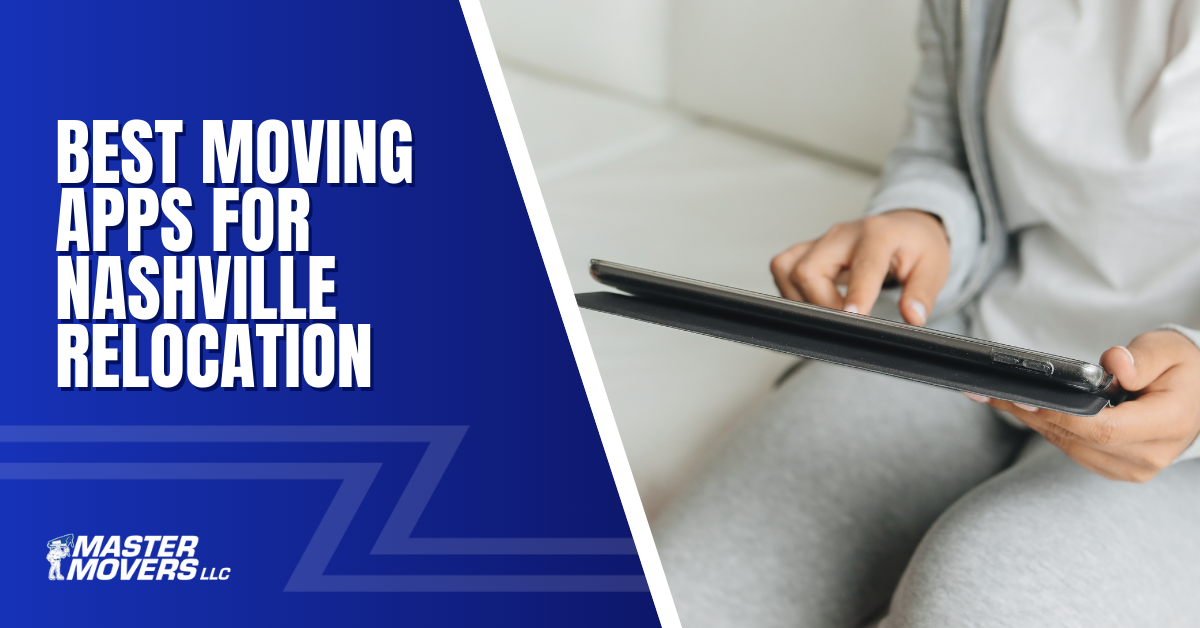What Are the Best Way to Pack Books?
nick • February 26, 2024

Moving can be a stressful time, especially when it comes to safeguarding your treasured book collection. Whether relocating your residence or moving an office library, knowing the best way to pack books is crucial. In this article, we'll cover everything from choosing the exemplary packing service to taking advantage of
moving specials
and ensuring your books are protected during the move.
Before you even box up your first book, sorting through your collection is essential. Decide which books you'll keep, which you'll donate, and which, if any, you'll sell. This lightens your load and gives you a chance to organize your books better for the new space. Once sorted, give your books a gentle clean to remove dust – this ensures they're in the best condition before, during, and after the move.
The next step in protecting your books during a move is to gather the necessary moving supplies. You'll need sturdy boxes , packing tape, markers for labeling, and perhaps bubble wrap for extra protection. Many office moving companies offer moving specials on supplies, so it's worth checking these out to save on costs.
Preparing Your Books for the Move
Before you even box up your first book, sorting through your collection is essential. Decide which books you'll keep, which you'll donate, and which, if any, you'll sell. This lightens your load and gives you a chance to organize your books better for the new space. Once sorted, give your books a gentle clean to remove dust – this ensures they're in the best condition before, during, and after the move.
Gathering Moving Supplies
The next step in protecting your books during a move is to gather the necessary moving supplies. You'll need sturdy boxes , packing tape, markers for labeling, and perhaps bubble wrap for extra protection. Many office moving companies offer moving specials on supplies, so it's worth checking these out to save on costs.
Packing Your Books

Now that you have your supplies let's dive into the best way to pack books for moving. There are a few different methods, but the key is to pack your books so they don't move around during transit.
Place hardcover books upright, just as they would sit on a shelf. If you're concerned about damage, wrap each in packing paper or bubble wrap. This method not only protects the books but also makes unpacking easier.
Paperback books can be packed flat to save space, but do not pack the boxes evenly. Overly heavy boxes are hard to move and more likely to tear. Mixing hardcover and paperback books in the same box can provide stability and prevent movement.
If you have rare or valuable books, take extra precautions. Wrap each book individually and consider using a smaller, manageable box. These boxes should be labeled "fragile" to ensure they're handled carefully.
Hardcover Books
Place hardcover books upright, just as they would sit on a shelf. If you're concerned about damage, wrap each in packing paper or bubble wrap. This method not only protects the books but also makes unpacking easier.
Paperback Books
Paperback books can be packed flat to save space, but do not pack the boxes evenly. Overly heavy boxes are hard to move and more likely to tear. Mixing hardcover and paperback books in the same box can provide stability and prevent movement.
Special Care for Valuable Books
If you have rare or valuable books, take extra precautions. Wrap each book individually and consider using a smaller, manageable box. These boxes should be labeled "fragile" to ensure they're handled carefully.
Labeling and Moving Your Books When Moving

Label each box with its contents and the room it's destined for. This helps with organization and ensures that anyone helping with your move knows how to handle these boxes carefully. A
professional packing service
can offer additional tips and assistance, making the process smoother.
When planning your move, keep an eye out for moving specials. Many moving companies offer deals, including moving services, packing services, and moving supplies at a discounted rate. These specials can significantly reduce the stress of moving and ensure your books are packed professionally.
A reliable packing service can be a game-changer, especially for extensive collections or valuable books. These services are experienced in handling various items and can offer tailored solutions for your books. They understand the importance of protecting your books during a move and use high-quality moving supplies to ensure their safety.
Efficient Packing and Utilizing Services
Leverage Moving Specials and Services
When planning your move, keep an eye out for moving specials. Many moving companies offer deals, including moving services, packing services, and moving supplies at a discounted rate. These specials can significantly reduce the stress of moving and ensure your books are packed professionally.
Choosing the Right Packing Service
A reliable packing service can be a game-changer, especially for extensive collections or valuable books. These services are experienced in handling various items and can offer tailored solutions for your books. They understand the importance of protecting your books during a move and use high-quality moving supplies to ensure their safety.
Final Preparations Before the Move

Once your books are packed, preparing for moving day is essential. Here are a few tips to ensure everything goes smoothly:
On moving day, there are a couple of extra steps you can take to protect your books:
Arriving at your new home, unpacking and organizing your books awaits. Here are some strategies to make this process as efficient as possible:
Moving doesn't have to be stressful for you or your books. You can ensure your collection is protected by following the best way to pack books for moving, leveraging moving specials, and choosing the proper packing and moving services. Remember, the key to a successful move is preparation, and taking the time to pack your books correctly will pay off when you're settled in your new home and ready to dive back into your favorite reads.
By incorporating the suggested keywords naturally throughout this two-part article, we've created a comprehensive guide that ranks well in search engines and provides real value to readers. Whether moving a personal library or an office collection, these tips will help ensure your books arrive safely, allowing you to quickly start the next chapter in your new home.
- Double-check your boxes : Ensure all boxes are securely sealed with packing tape and labeled clearly. It helps the movers know how to handle each box and where it belongs in your new space.
- Communicate with your movers : Whether you're using a residential or office moving company, communicate your concerns about your books. Let them know which boxes need extra care during the move.
Moving Day: Protecting Your Books
On moving day, there are a couple of extra steps you can take to protect your books:
- Load books last : Loading your books last onto the moving truck means they will be the first off. This minimizes the time they're stacked under other items and reduces the risk of damage.
- Climate considerations : If you're moving in extreme temperatures, consider climate-controlled transportation for your most valuable books. This is especially important for rare or antique books sensitive to temperature and humidity changes.
Unpacking and Organizing Your Books
Arriving at your new home, unpacking and organizing your books awaits. Here are some strategies to make this process as efficient as possible:
- Unpack books first : Start by unpacking your books. This allows you to inspect them for any damage quickly and gives you a functional space to relax in among your beloved collection.
- Organize as you unpack : Unpack your books in a way that allows you to organize them on your shelves as you go. Whether it's by genre, author, or color, having a system in place can save time and make your new space feel like home more quickly.
Conclusion
Moving doesn't have to be stressful for you or your books. You can ensure your collection is protected by following the best way to pack books for moving, leveraging moving specials, and choosing the proper packing and moving services. Remember, the key to a successful move is preparation, and taking the time to pack your books correctly will pay off when you're settled in your new home and ready to dive back into your favorite reads.
By incorporating the suggested keywords naturally throughout this two-part article, we've created a comprehensive guide that ranks well in search engines and provides real value to readers. Whether moving a personal library or an office collection, these tips will help ensure your books arrive safely, allowing you to quickly start the next chapter in your new home.



